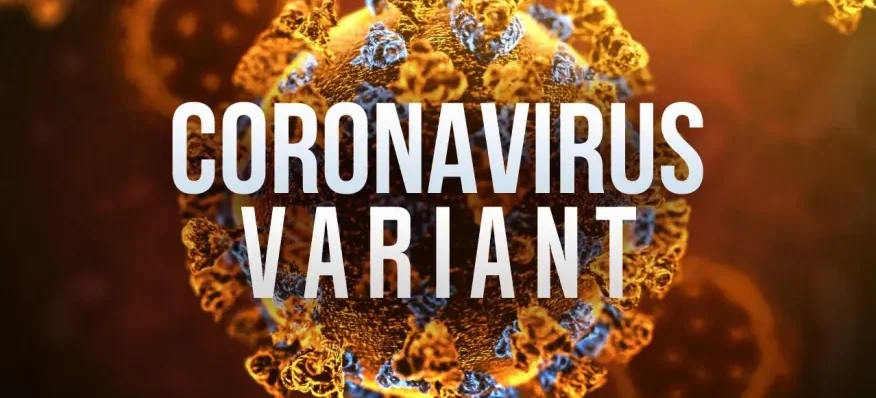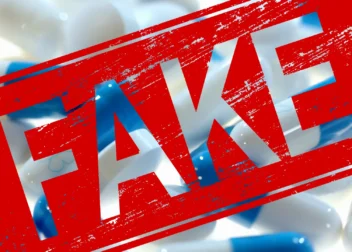Newest COVID Variant ‘JN.1’ Sparks Worries Among Scientists
Source: TimesNow
New Delhi: Scientists are worried about a new COVID-19 variant that has the potential to evade vaccine immunity. The new SARS-CoV-2 variant JN.1 was initially identified in Luxembourg on August 25, 2023. Thereafter, it was also found in England, Iceland, France, and the United States.
The extreme divergence of the variant from other prevalent COVID strains like XBB.1.5 and HV.1 astounded scientists in particular.
The vaccine boosters developed in the United States mostly target the XBB.1.5 variant. However, HV.1, which is relatively new on the block, has some differences in comparison with the former. JN.1, considered a devious one, is very different despite being from the same lineage, according to reports.
Notably, the HV.1 variant had ten additional unique mutations. In contrast to XBB.1.5, JN.1 has 41 more distinct mutations. The spike protein exhibits the majority of JN.1’s alterations, which are probably related to rises in immune evasion and infectivity.
Experts believe that this could probably mean that current vaccines might not work to restrain the virus from spreading.
“Due to a mutation on its spike protein, JN.1 seems to be much more immune-evasive than its parents, making it quite devious. As a result, we may be at risk of getting more infections,” TOI quoted Dr Thomas Russo, Chief – Infectious Diseases, University of Buffalo, New York.
In 2021, when the pandemic had just started, these differences in spike proteins were observed. particularly in the alpha and beta versions of SARS-CoV-2, as reported by TOI.
“There is some data that suggests JN.1’s parent BA.2.86 may be more transmissible than previous variants,” Dr Russo said further. Their reemergence in JN.1 is noteworthy, said scientists.
The US Centres for Disease Control and Prevention (CDC) remain confident that the new variant will not be able to escape vaccine immunity. The analysis by the CDC is based on data, and the analysis was further reaffirmed by the federal government’s SARS-CoV-2 Interagency Group.



